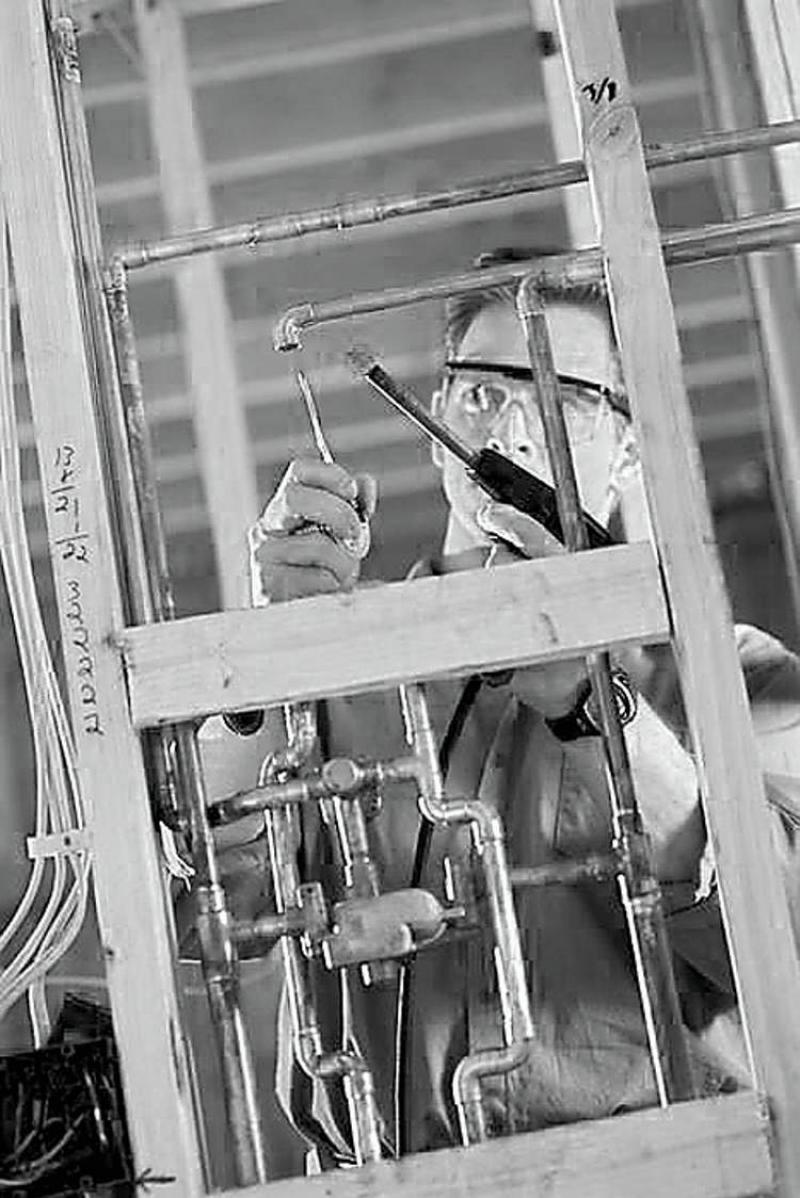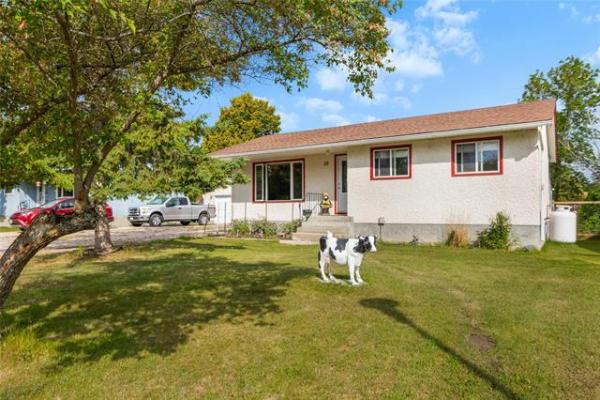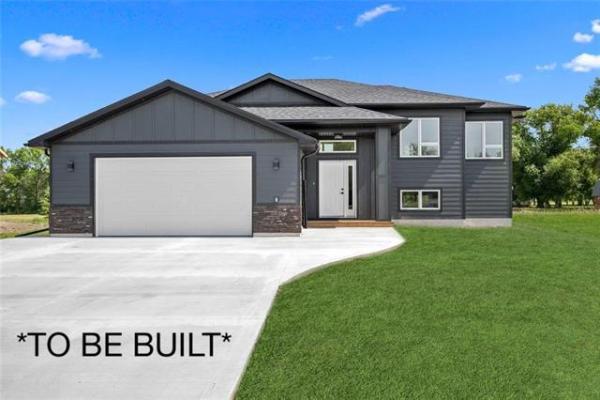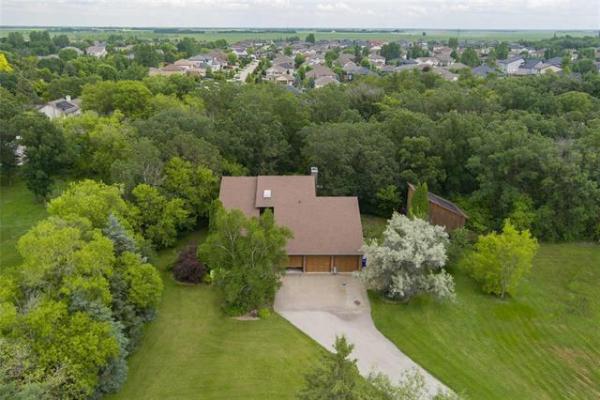
QUESTION: We recently moved to a three-storey senior retirement residence. We live on the second floor and whenever the person above us runs her water there is a loud banging noise in the ceiling and upper walls of our bathroom and kitchen. The management knocked out a small portion of the wall above the toilet, caulked the grey PVC pipes and then insulated that section. It did nothing to eliminate or soften the banging noise. When we turn our taps on there is no noise.
Management says nothing can be done about this. Is this true? Please help! Thank you. Mrs. Edwards
ANSWER: Noise complaints between neighbours in buildings are quite common, but are normally due to wood-frame construction or other structural concerns. Plumbing noise is sometimes noted, but often is due to drains rather than water supply pipes, which appears to be your issue. While this may be tougher to pinpoint, there should be a couple of options for repairs to remediate the problem.
What appears to be happening in the suite above you is something often referred to as "water hammer." This is a phenomenon that is normally caused by a rapid change in water pressure inside copper water-supply pipes when faucets are opened. With this sudden change in pressure, there is often a loud bang as you have described.
This noise may be due to the sudden change of pressure inside the piping, or movement of the pipes when this occurs. These pipes may be hitting walls studs, cabinets, floor joists, or other pipes to make the noises you are experiencing. This is often due to poor securing of the pipes, but may also be due to the configuration of the plumbing fixtures relative to the pipes.
The initial thing to do is to have an experienced, licensed plumber evaluate the issue from your suite and the one above. This should be done in an to attempt to identify which plumbing fixture or fixtures are causing the noise when used. This may help to determine if the problem is simply due to a few missing clamps or something more complex.
The plumber should listen in one suite as someone turns on the faucets very rapidly, which may be necessary to cause the sudden pressure change. Identifying whether the noise happens from an individual fixture or all of those in the suite should help determine the course of action for repair.
If an experienced professional isn't able to pinpoint an individual faucet that is the offending party, the pressure change may be occurring throughout the entire water supply on the upper-floor suite. If so, replacement of faucets or fixtures will not fix the problem. What's likely needed in that situation is modification to the pipes, or installation of a device to minimize the pressure change. Short, vertical sections of pipes are sometimes installed underneath sinks for this purpose. I have also seen enlarged, modified pipes that are specifically made to counteract water hammer. These should be easily installed with minor modifications to the pipes supplying one or more fixtures.
If an individual faucet or fixture is responsible for the banging sound, there are two options to consider. Sometimes, the design of the faucet itself may be causing unnecessary pressure changes or movements that result in excessive noise. If that is suspected, simple replacement with another faucet can help. If that doesn't solve the problem, more difficult repairs are likely needed. If the noise issue is due to improper securing of the pipes, walls and ceilings may have to be opened to repair this common defect. Determining where to start is a bit of a crap shoot, and may be similar to the approach your management has already tried, which did little to fix the problem.
Unless the location of the banging noise can be pinpointed by listening or feeling the offending wall or ceiling when it occurs, trial and error may be the only approach. Again, hiring an experienced plumber may help to minimize the number of areas that need to be exposed to locate the problem. Hopefully, the pipes that are moving and creating the banging are not in a spot that is inaccessible. If that turns out to be the case, there may be little to do other than abandoning these pipes and rerouting new ones. In any case, removal of portions of the ceiling or wall coverings will be required.
With any plumbing-related noise, locating the offending fixture or pipes is the difficult part of the puzzle. Whether the fix is a simple modification of the supply piping, securing or replacing individual pipes, or installing new faucets, proper evaluation is the key. Hopefully, your management company is prepared to call a good, licensed plumber.
Ari Marantz is the owner of Trained Eye Home Inspection Ltd. and the President of the Canadian Association of Home & Property Inspectors - Manitoba (www.cahpi.mb.ca). Questions can be e-mailed to the address below. Ari can be reached at (204) 291-5358 or check out his website at www.trainedeye.ca.
trainedeye@iname.com



